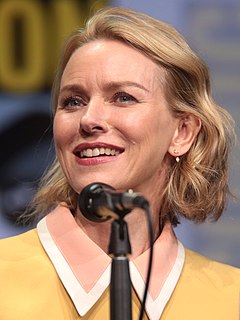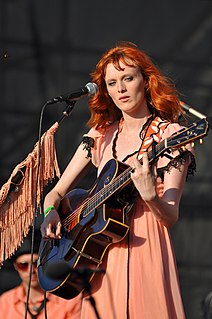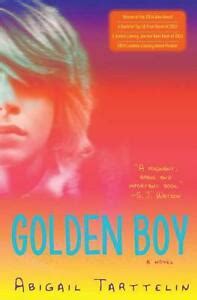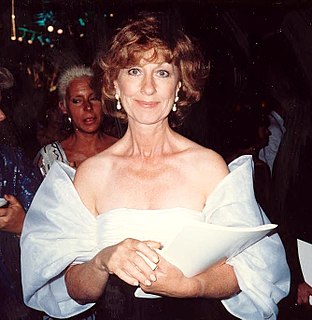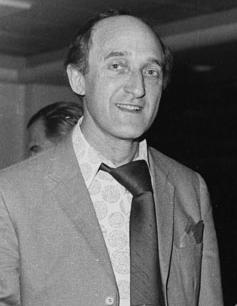A Quote by Riley Keough
I was one of those kids who thought I could be the president of England when I grew up if I wanted to. Then I started acting and realized life is hard and people are mean. And there's no president of England and I'm not British.
Related Quotes
I've been such a gypsy in my life because I was born in northern England and grew up there until I was 16. But I'm 31 now, so I've lived almost half my life in so many other countries that I don't really know what nationality I am. I mean, I've got a British passport and an American green card, but I don't know where I'm from anymore.
I grew up in a very British family who had been transplanted to Canada, and my grandmother's house was filled with English books. I was a very early reader, so I was really brought up being surrounded with piles of British books and British newspapers, British magazines. I developed a really great love of England.
I always wanted to be a comedian. I loved comedy since I was a little kid, and while I was at university I started doing stand up shows. Once I realized that I was good at it I quit college and left although I had six months left. I went to England. I could have done the last six months but I realized that I was better at standup comedy than I was at singing opera.
Even though I grew up in an area of England that was more conservative than my personal politics and my family's personal politics, I grew up with a lot of guy friends. There was no real difference between us. When I moved to London, it really became apparent that gender was going to make a mark. I started experiencing sexual intimidation and aggression. People coming up to women on the streets and telling them how hot they are and what they wanted to do to them. For me, that was shocking coming from a village. I thought intersexuality was a great way of exploring that shock.

